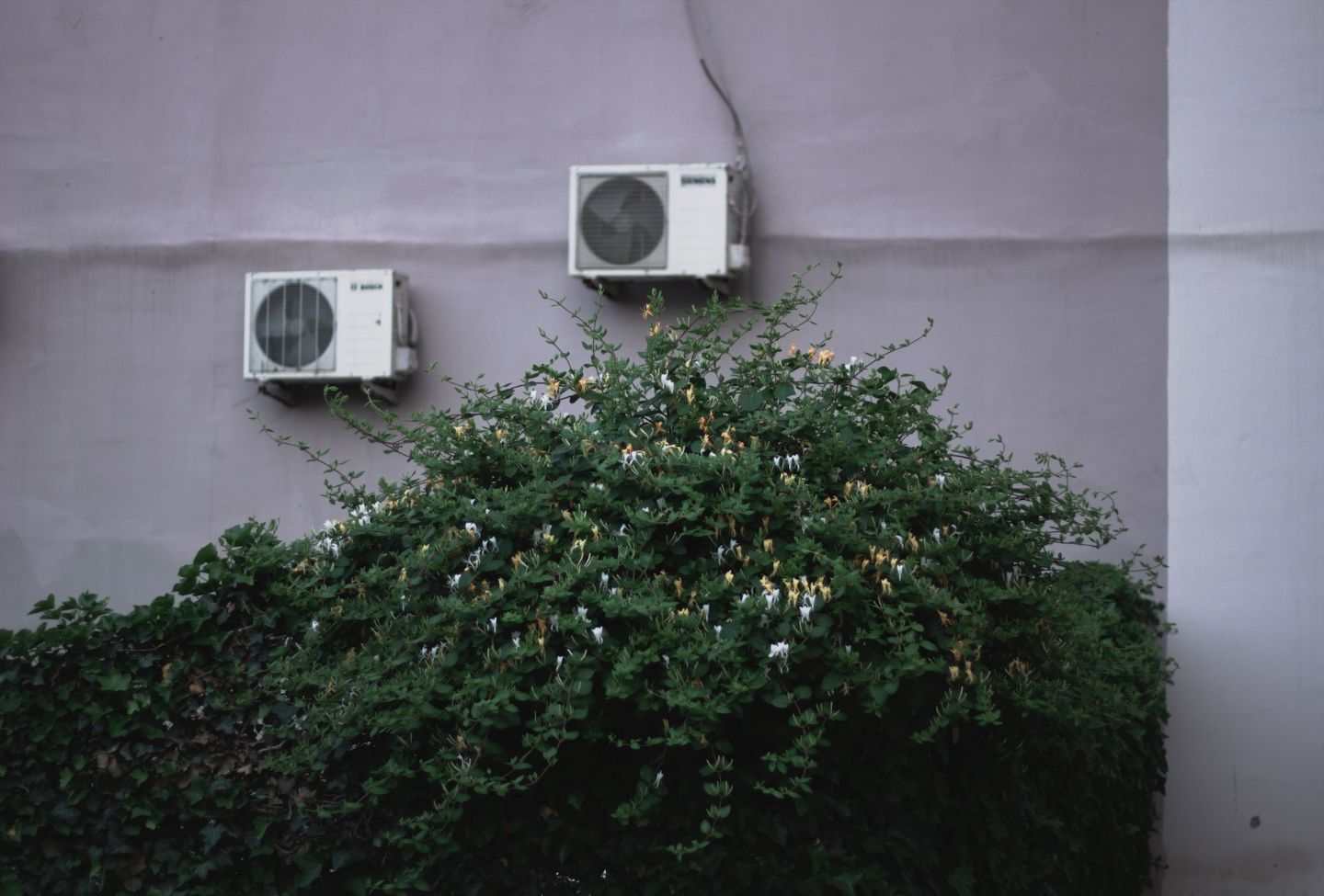Tags – How Often Should Air Conditioning Unit Be Serviced
It’s the middle of summer and you’re trying to beat the heat by cranking up your air conditioner, but it’s just not cutting it.
You start to wonder if maybe your AC unit needs some servicing.
How often should air conditioning units be serviced and how can you tell when yours needs a tune-up?
In this blog post, we’ll cover everything you need to know about AC maintenance!
The Importance of Air Conditioning Maintenance
Ideally, air conditioning units should be serviced at least twice a year to ensure it is functioning at its maximum efficiency.
Many problems with air conditioning units are the result of failure to have routine maintenance.
Service inspections are critical for the longevity of your air conditioning system, as filters, coils, and fins all need to be maintained on a regular basis to preserve their performance.
Only one thing will result from failing to keep maintenance appointments: a decrease in the air conditioning system’s performance and life.
The consequence is that airflow is restricted, resulting in greater pressure on the system, which leads to increased power use.
Not to mention it becomes less effective at performing its primary function: expelling unpleasant air into the atmosphere.
A HVAC expert will check your air conditioner for proper functioning and replace or service it as needed.
A skilled engineer will perform maintenance checks on your air conditioner, which may include the following:
- Control panel operational checks
- Electrical controls
- Pressure and flow switches
- Safety and limiting components
- Actuators and dampers
- Fans and filters
- Heaters
- Humidifiers
- Evaporators
- Refrigeration systems
- Condensers
- Water pumps
When your air conditioner is not properly maintained, it loses approximately 5% of its overall efficiency each year: 5% for each year it goes without service.
When the system is properly maintained and operating at peak performance, monthly energy expenses can be reduced by up to 25%.
Air Conditioning Services Businesses MUST Have By Law
As a business owner, you need to think about the following when thinking about the condition of your AC unit:
- F-GAS compliance: if your business operates a unit with a CO2 equivalent charge of 5 tonnes or more, you must ensure you are F-GAS compliant – otherwise you risk being heavily fined
- TM44 air conditioning inspections: if your unit has a rated output of 12kW or more, you’ll need a service frequency assessment to check your energy efficiency every 5 years. During the inspection, the assessor will check everything works correctly and then log it on the Non-Domestic Energy Performance Certificate (NDEPC) register
- Up-to-date refrigerant inspections: if your unit was installed before 2004, it could be using an outdated, illegal refrigerant called R-22 HCFC – although there’s no harm to human health, it is harmful to the environment. In this case, you will need to either replace or modify your unit so that it is more eco-friendly
To avoid any potential problems, it’s a good idea to have a Planned Preventative Maintenance (PPM) contract in place.
Although this isn’t a legal requirement, it will ensure your air conditioning unit is in good working order and compliant.
Maintaining Your Air Conditioning Unit Between Services
Between scheduled service appointments, regular spot-checks and routine cleaning of the AC system will extend its lifespan and maintain its energy efficiency.
Here are some of the main elements that should be included in your regular maintenance routine:
1. Filters
Cleaning and replacing the filters of your AC unit is one of the most critical to-do’s in order to maintain optimal efficiency.
To clean the filters:
- Remove them from the unit
- Wipe away any dry debris
- Wash the filters in warm water
- Allow them to dry completely
- Once cleaned and dry, place them back into the unit
Filters should be cleaned or replaced every other month during the colder months, and when it’s hot, they may need more frequent attention.
2. Coils
The condenser and evaporator coils within an AC unit collect dust and grime over time, lowering its performance and efficiency.
And these should be checked at least once a year. It’s worth mentioning that clean filters will keep the evaporator coil free of dirt; nevertheless, condenser coils will always be dirty.
To clean the coils:
- Remove the internal coil from the unit
- Allow it to soak in an anti-corrosive disinfectant for up to 10 minutes
- Gently wipe the coils clean and pop them back in
3. Coil Fins
Debris may accumulate inside the aluminum fins over time, resulting in blockages or even bends, which will result in a reduction in AC unit performance and efficiency.
Luckily, this can be corrected by using a tool called a fin comb, which may be purchased at AC wholesalers to restore the aluminum fins to an almost new condition.
4. Condensate Drains
Often overlooked, condensate drains can become clogged, which will reduce the unit’s capacity to reduce humidity.
To overcome this, use a stiff wire to prod through the drain system to unclog any blockages throughout the year.
Closing Thoughts
As a general rule of thumb, it’s always best to have your AC unit serviced by a professional contractor at least once a year.
However, depending on the type of system you have, the environment it’s situated in and how often it’s used – you may need to service it more frequently.
By keeping on top of regular maintenance and servicing, you can be sure your AC unit will continue to provide optimal efficiency and performance for many years to come.
If you have any questions about how often your AC unit should be serviced, or would like to book a service appointment, get in touch with us today. Our team of experts will be more than happy to help!
You may also like:



